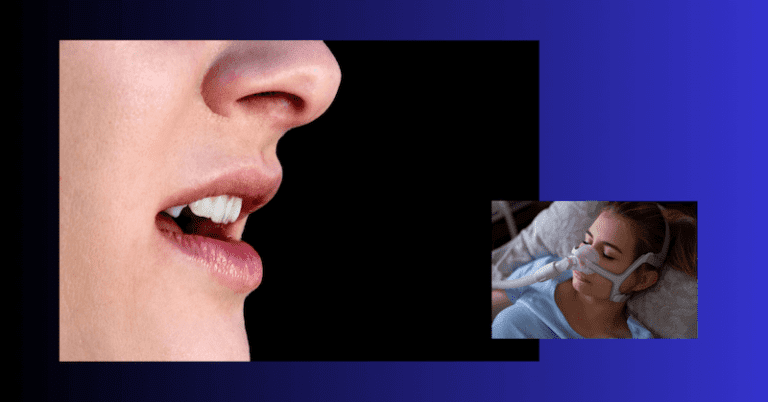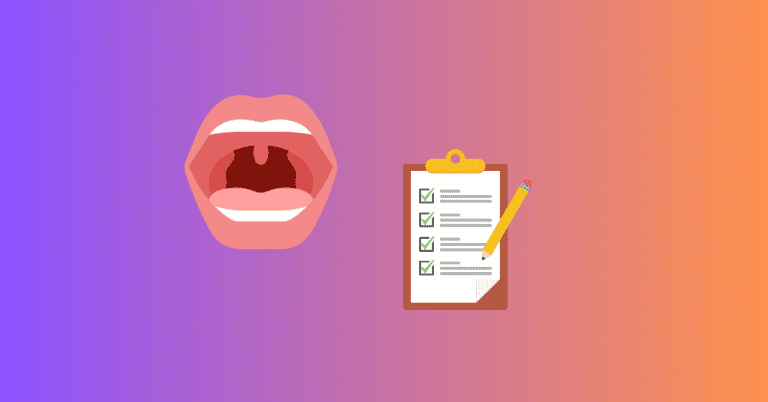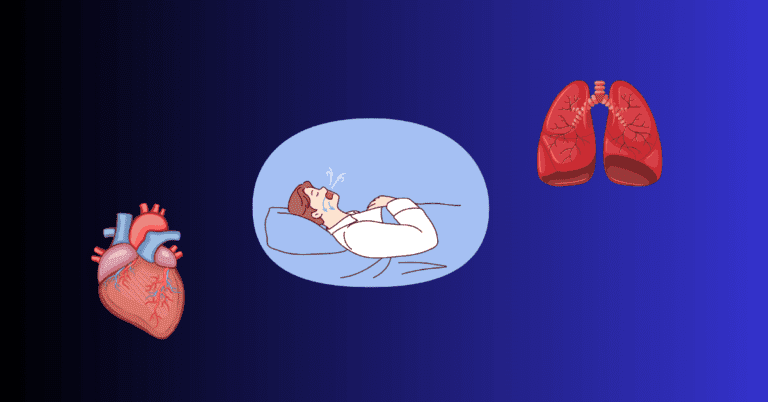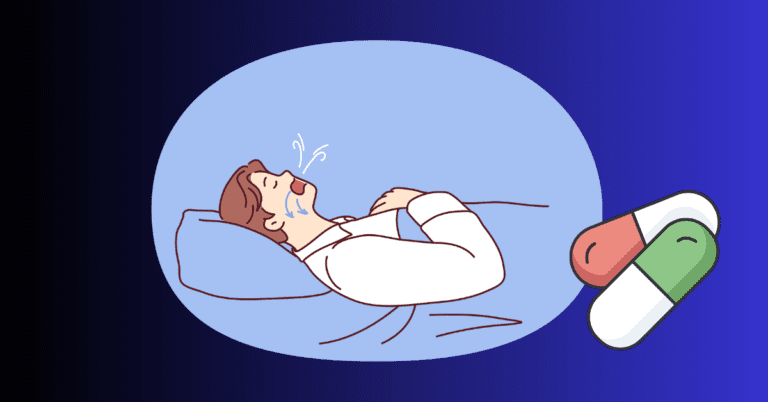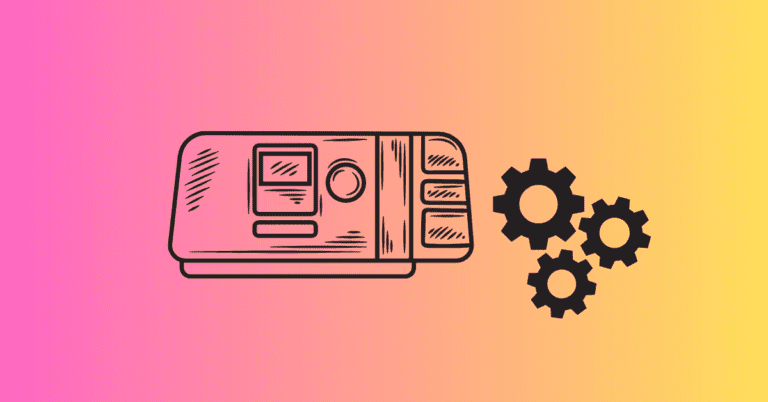Sleep Apnea and Mental Health: The Connection Explained
Jeremy Smith is a long-term CPAP user and sleep apnea advocate. After being diagnosed with severe obstructive sleep apnea, he created ByJeremySmith.com to help others navigate CPAP therapy through personal stories, gear reviews, and practical advice.
What is the connection between sleep apnea and mental health?
The more I read about the science of sleep and how the brain works, the more it fascinates me.

Why would nature leave us and every other animal on this planet in a state that essentially paralyzes us every day, leaving us vulnerable to being eaten by predators?
Some animals, like dolphins, have evolved to sleep with one eye open. This is because they can’t shut down both hemispheres of their brain like us, or they would drown. Other animals, like ducks and geese, can do the same, keeping one eye open for an animal like a fox that could attack them.
Surely there is a good reason or reason for sleep, otherwise, we would have evolved it away!
Recent research shows that sleeping cleanses the brain, removing toxins that build up during the day. Thus, we wake up ready to take on the new day.
We, humans, are lucky that we can sleep without the fear of something attacking us in the night, but those of us who suffer from sleep apnea are not getting the sleep we need.
For us to be fully refreshed, our brain needs to go through stages of sleep, including sleep cycles of REM and non-REM.
And those of us who suffer from sleep apnea do not get those full sleep cycles, because we are constantly being awakened (though we don’t know it) when we experience what is known as an apnea event.
The number of events you experience in an hour is known as the Apnea-Hypopnea Index or AHI. Normal AHI is rated as less than five events per hour, while severe AHI is more than 30 events per hour, one event every two minutes.
When I undertook my sleep apnea test, I was measured as one event every minute (very severe).
So clearly, those of us who suffer from sleep apnea need help, and that comes in the form of a CPAP machine.
The ResMed CPAP machine I use regularly takes my events right the way down to 1 per hour.
So, let’s now turn to the purpose of this article, which is the connection between sleep apnea and mental health.
Research has shown that untreated sleep apnea can have a significant impact on mental health, contributing to issues like anxiety, depression, and cognitive decline. In this article, I will explore why getting treatment is essential for your overall well-being.
How Sleep Apnea Affects the Brain
As I mentioned, apnea events can happen dozens or even hundreds of times each night for those of us with sleep apnea, preventing the deep, restorative stages of sleep that are crucial for brain function.
Sleep apnea can affect the brain in these ways:
- Oxygen Deprivation: During apneas (the periods when breathing stops), the brain is temporarily deprived of oxygen. Chronic oxygen deprivation can cause changes in the brain’s structure and function, leading to mood disturbances and cognitive impairments.
- Sleep Fragmentation: Sleep apnea causes frequent awakenings throughout the night, preventing the brain from reaching the deeper stages of sleep, such as REM sleep. This fragmented sleep can lead to memory, focus, and emotional regulation difficulties.
- Inflammation: Sleep apnea triggers an inflammatory response in the body, including the brain. Chronic inflammation has been linked to a range of mental health conditions, including depression and anxiety.
The Link Between Sleep Apnea and Depression
One of the most well-documented connections between sleep apnea and mental health is its association with depression. Studies I have read have shown that people with sleep apnea are significantly more likely to experience depression than those without the condition.
How Sleep Apnea Can Lead to Depression
I’ve dug into this, and research shows that people with sleep apnea are more likely to experience depression. But why? Here are a few reasons:
- Lack of Sleep: When your sleep is interrupted all night long, you don’t get the rest your brain needs. This can leave you feeling constantly tired, irritable, and low on energy. Over time, these feelings can turn into depression.
- Chemical Imbalance: Sleep helps regulate important brain chemicals, like serotonin and dopamine. When you don’t sleep well because of sleep apnea, these chemicals can get out of balance, which can lead to feeling down or hopeless.
- Frustration and Isolation: People with untreated sleep apnea often feel too tired to keep up with daily life. This can make it harder to enjoy social activities or stay connected with friends and family, which can increase feelings of loneliness and sadness.
The good news is that treating sleep apnea can help improve depression. Many people notice their mood lifting once they start using treatments like CPAP (Continuous Positive Airway Pressure) therapy, which helps keep their airways open during sleep.
Sleep Apnea and Anxiety
Sleep apnea doesn’t just affect your mood – it can also cause anxiety. Here’s how:
- Fight-or-Flight Response: When your body notices that you’ve stopped breathing, it reacts as if you’re in danger. This stress response can cause your heart to race and your body to tense up. When this happens repeatedly, it can lead to feelings of anxiety during the day.
- Worrying About Sleep: Some people with sleep apnea start feeling anxious about sleep. They may worry about having another night of restless sleep or even fear the idea of stopping breathing. This can make it even harder to fall asleep, creating a cycle of anxiety and poor sleep.
Treating sleep apnea can help break this cycle. As your breathing improves and your body doesn’t have to fight so hard to keep you alive during the night, your overall anxiety can decrease, too.
Brain Fog and Memory Problems
Many people with sleep apnea describe feeling like they have “brain fog.” This means they struggle with things like memory, focus, and thinking clearly. This is because sleep is when your brain organizes information and stores memories. Without proper sleep, your brain can’t do these jobs well.
Sleep apnea’s repeated lack of oxygen can also damage parts of the brain that control memory and learning. Over time, untreated sleep apnea can even raise the risk of serious conditions like dementia.
Thankfully, many people notice their concentration and memory improving after treating sleep apnea. Once your brain starts getting enough oxygen and rest, you’ll likely find that tasks like remembering things and staying focused become easier again.
Fortunately, treating sleep apnea can often reverse or improve cognitive symptoms. Many people find that their memory and focus improve once they begin using CPAP therapy or other treatments to restore proper sleep.
Improving Mental Health by Treating Sleep Apnea
The good news is that treating sleep apnea can significantly improve mental health. Once the condition is managed, many of the mental health symptoms caused by sleep apnea, such as depression, anxiety, and cognitive difficulties, can begin to improve.
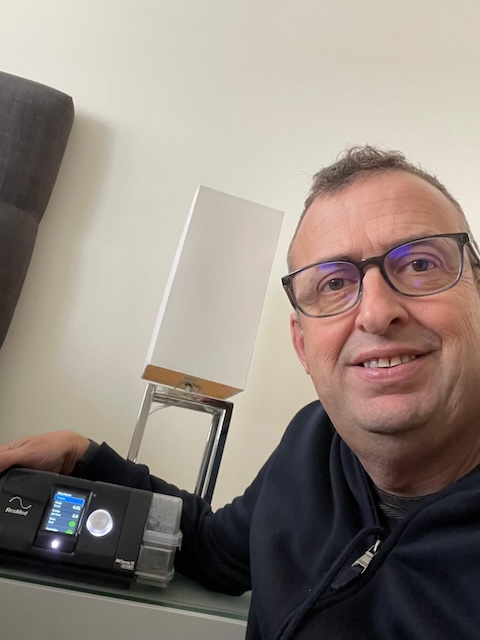
Here are some treatment options that can help:
- CPAP Therapy: CPAP therapy is one of the most effective treatments for sleep apnea. By keeping the airway open during sleep, CPAP therapy helps prevent the frequent interruptions in breathing that contribute to both physical and mental health issues. People who consistently use CPAP therapy often report feeling more refreshed, less anxious, and more mentally sharp.
- Lifestyle Changes: In addition to CPAP therapy, lifestyle changes can also help manage sleep apnea and improve mental health. Losing weight, avoiding alcohol before bed, and practicing good sleep hygiene can all contribute to better sleep and, in turn, better mental health.
- Therapy and Support: For people struggling with anxiety and depression related to sleep apnea, talking to a therapist can be beneficial. Cognitive-behavioral therapy (CBT) and other forms of counseling can help address the emotional impact of sleep apnea and teach strategies for managing mental health symptoms.
- Medications: In some cases, medications may be prescribed to help manage symptoms of depression or anxiety related to sleep apnea. These can be used in conjunction with CPAP therapy and other treatments to provide more comprehensive relief.
Conclusion
Sleep apnea’s impact on mental health is significant, affecting everything from mood to memory. The chronic sleep disruptions caused by this condition can lead to or worsen issues like depression, anxiety, and cognitive impairment. The good news is that treating sleep apnea can make a dramatic difference, improving sleep and boosting overall mental well-being.
Personal Insight: In my own experience with sleep apnea, the siginifant side affect I suffered was crippling migraines that were occuring more regularly. These migraines would leave me out of action for a whole day.
As well as this, I felt a general fogginess and a regular unable to concentrate feeling that made it diffult for me to do my day job effectively.
Once I started using CPAP therapy, I felt a noticeable lift in my mood and focus, showing me firsthand how closely sleep and mental health are connected.
If you or someone you know is experiencing symptoms of sleep apnea and struggling with mental health, it’s important to seek professional help. Proper diagnosis and treatment can be life-changing, offering better sleep and a path to improved emotional and cognitive health.
If you have any comments or would like to share any experiences, please do so below in the comments section.
Disclaimer: The content on this blog is for informational and educational purposes only and is not a substitute for professional medical advice. Always speak with your doctor or sleep specialist before starting, stopping, or changing any treatment or therapy related to sleep apnea or CPAP use.
